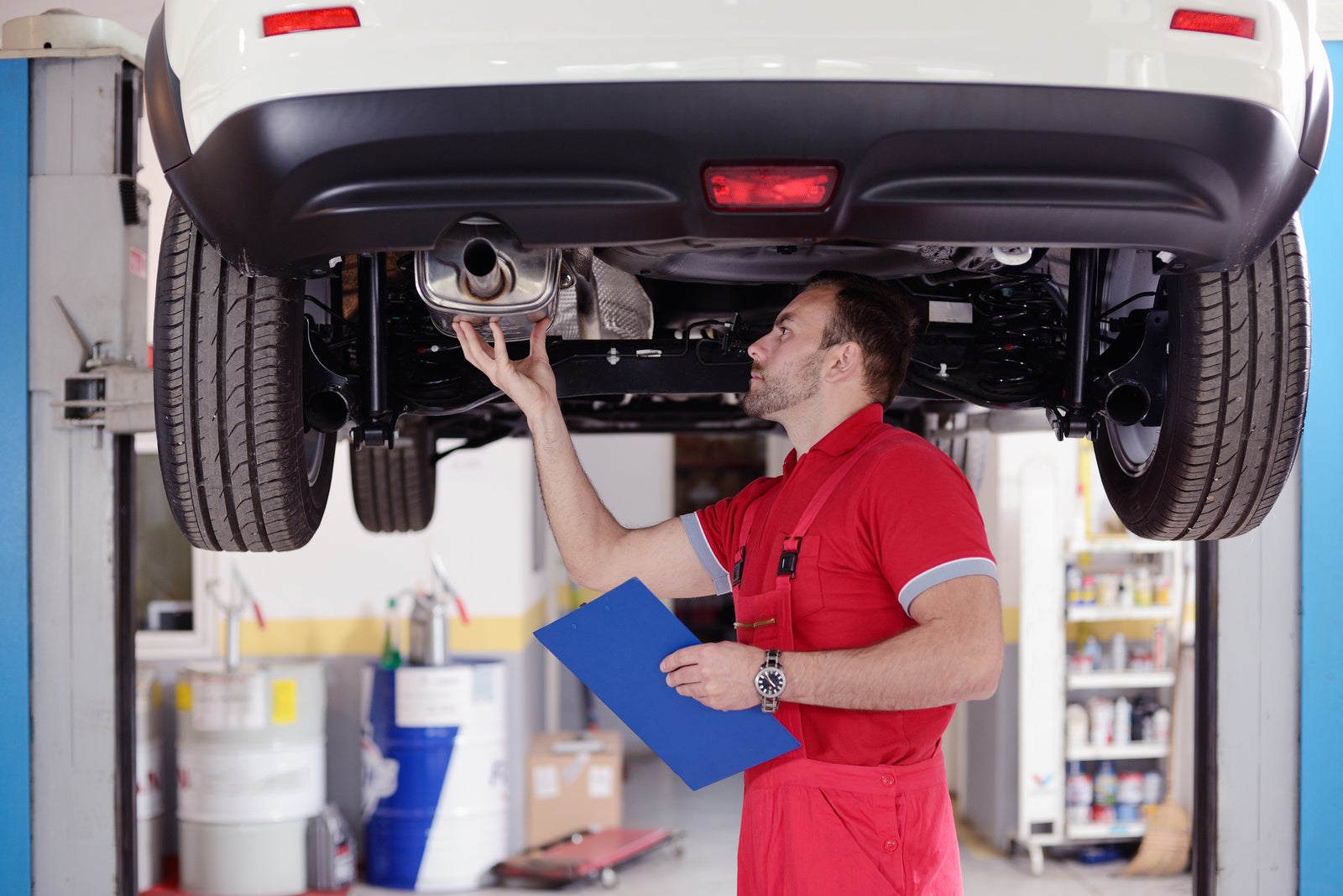Updated on: July 15, 2021
Car shopping is an expensive proposition. Buying a used car can save you money—just as long as you do your due diligence. By getting answers to these simple questions, you can take the worry out of your purchase.
1. Where’s the Title?

A car's title identifies the legal owner of that vehicle. Without the title, you can't legally buy the car. If a seller isn't willing to show you the title to prove ownership, you shouldn't hand over a single penny. If a seller (including a dealership) seems even the slightest bit dodgy about a car's title, find a different vehicle.
If you buy from a used car dealer, the title should be in the dealership's name. If you buy from a private seller, the title could be in the individual's name or a lender's or bank's name. The latter happens when the current owner took out a car loan to buy the vehicle and has yet to repay it in full. The lender holds a "lien" on the title until the borrower pays off the loan; at that point, it transfers to the borrower's name. Buying a used car that hasn’t been paid off yet adds complexity to the transaction, but it's not a deal-breaker.
2. Can You Show Me the Service History?

Whether you're working with a dealer or someone you found through Craigslist, always ask the seller if they have a full service history for the vehicle. This is exactly what it sounds like: detailed records covering every bit of maintenance or work the car has undergone—think oil changes, tire rotations, new windshield wipers, etc. Although these records are a great way to tell how well a car has been cared for, a seller's inability to produce a full maintenance history isn't necessarily cause for concern. The reality is that some people are more organized than others, and many people don't realize the value of keeping these maintenance records for resale, especially if they've owned the car a long time.
3. Can I Take It for a Test Drive?

It probably goes without saying, but you should test drive any used car you want to buy (the only exception would be a vehicle that's not road ready, like a fixer-upper). To make sure you don't overlook any important details once you’re behind the wheel, we recommend that you use a test-drive checklist. Some items may slip your mind, like checking the air conditioning in the middle of winter, or testing the sunroof when it's raining. Jot down not only how comfortable you feel in the car but also any performance issues you notice. Does the car make strange noises when it starts? Does the steering wheel shake when you brake? Record these issues to have your mechanic check them during an inspection. Speaking of which...
4. Can I Get It Inspected?

Hiring an independent mechanic to inspect a used car can help you avoid buying a lemon. Don’t be surprised if a seller doesn't immediately say yes when you ask to get the car inspected. After all, the seller may be worried about you driving off with the car. One way to put a seller's mind at ease is to offer to drive the car to your mechanic together for the inspection. Another option is to use a mobile inspection service to bring a licensed mechanic right to the seller’s car door.
If you buy a used car from a dealership, it may use its own in-house technicians to check the vehicle. But this is no replacement for having a third-party mechanic you trust look at the car. Even if you have the service records and vehicle history report, an inspection is the best way to know the true current condition of a used vehicle. Ultimately, if a seller or dealer says no to an inspection, you should say no to the car.
The Bottom Line
You can be just as confident buying a used car as a new car; just be sure to ask the important questions about the car's history, its title, and its current condition. We also recommend every shopper check a used car's vehicle history report before buying it. These reports use the vehicle identification number to show that car's accident history, number of previous owners, and other potential red flags like faulty odometer settings. Following a few key car buying tips and asking the right questions can help ensure peace of mind. If it feels like the seller is withholding any information—like not letting you drive the vehicle or independently inspect it—walk away from the deal.
Related Topics
The 5 Levers of a Used Car Deal
How Do Car Dealerships Make Their Profit?
When Should I Buy a Car?
